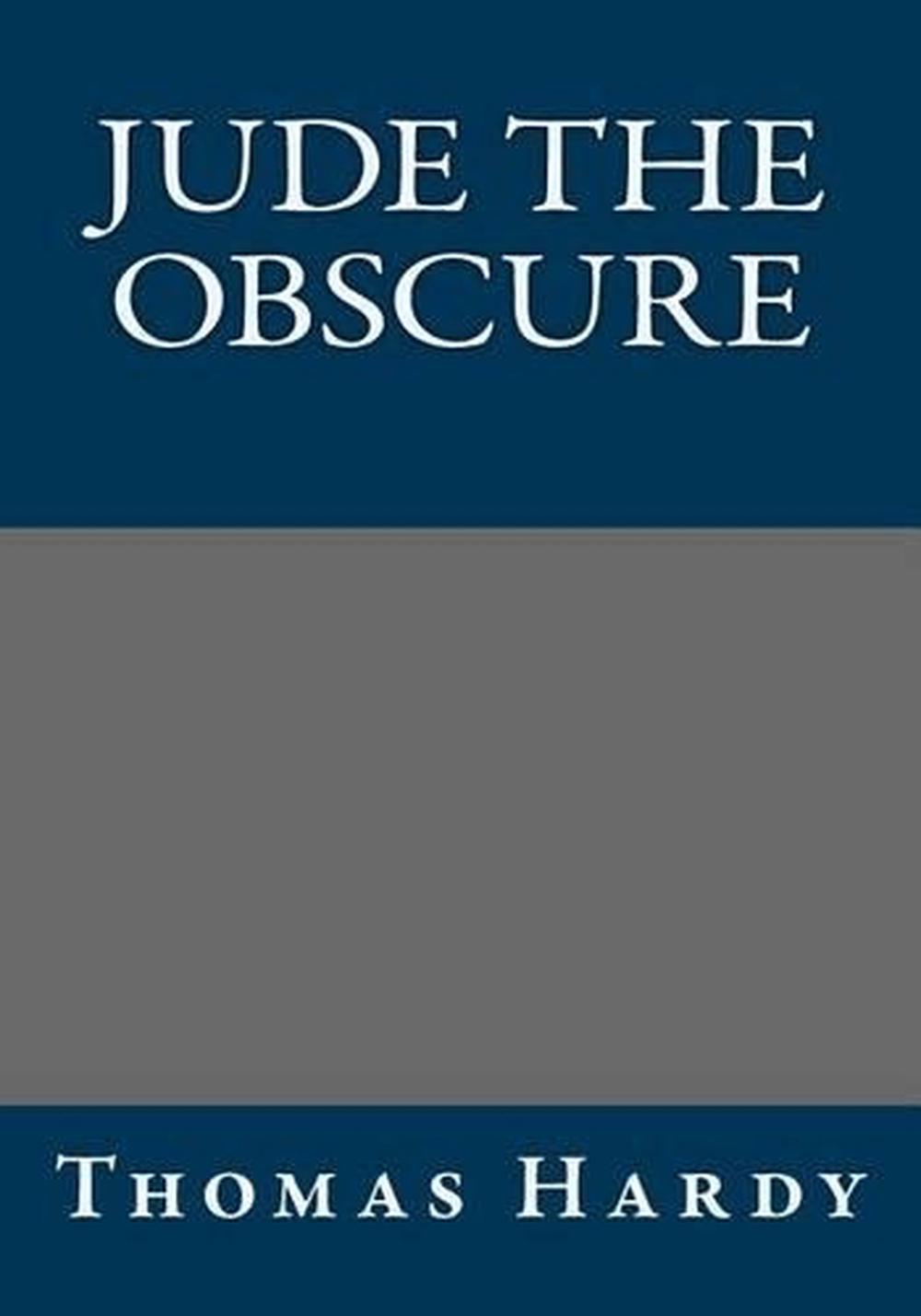


In Jude, unlike in Hardy's earlier novels,Darwinism is the dominant mode, with Romanticism seen by Hardy as untenablein the modernising world in which Hardy (and Jude) lived. In my thesis I establish anopposition between Romanticism, associated with tradition and a "goldenage," and Darwinism, representative of modernisation, progress, and theabsence of an immanent God. Theaim of my thesis is to identify Hardy's Romantic vision, a vision whichbecomes increasingly darker in his later novels, Jude included.So in Jude there seems to be no hope for the Romantic Jude to survivein what seems such an anti-Romantic world. In this current article, on Hardy's final novel Jude the Obscure (1896), I identify the Shelleyan influences presentin the novel, which are most apparent in the characters of Jude Fawleyand Sue Bridehead. But in Jude,withits bleakness and desolation, Hardy shows the growing gap between Romanticismand reality."Ībstract: The followingarticle is taken from my MA thesis, entitled Hardy and the Romantics,and follows directy on from the article about TheWoodlanders, which appeared in the previous issue of Deep South( volumethree, number three). "Inthe face of a changing, and therefore an unfamiliar world, Hardy neededRomanticism as a touchstone, as a key to a formely golden age.


 0 kommentar(er)
0 kommentar(er)
